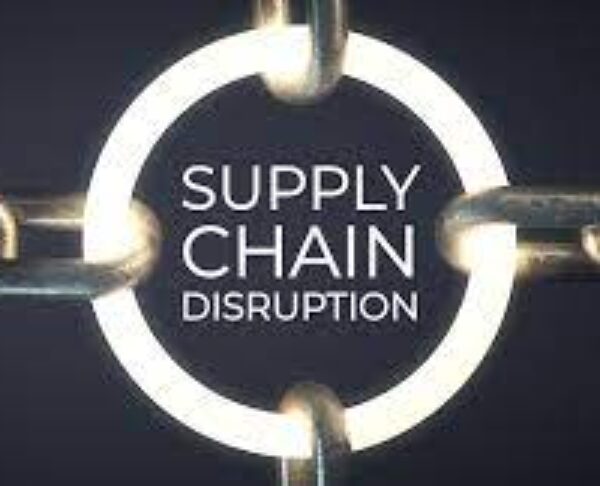Introduction: The world of e-commerce has revolutionized the way consumers shop, offering convenience, variety, and accessibility like never before. However, with the increasing number of online retailers, standing out from the crowd and driving sales can be challenging. In this blog, we will explore effective e-commerce marketing strategies that are proven to boost sales and drive conversions, helping businesses thrive in the competitive landscape of online retail.
- Understanding Your Target Audience:
- Building buyer personas: Identifying the key characteristics, preferences, and pain points of your ideal customers.
- Conducting market research: Gathering insights into consumer behavior and trends in your niche.
- Tailoring your marketing approach: Crafting personalized messages that resonate with your target audience.
- Optimizing Your E-commerce Website:
- User-friendly navigation: Enhancing the online shopping experience for seamless browsing and purchasing.
- Mobile responsiveness: Ensuring your website is accessible and engaging across various devices.
- Streamlined checkout process: Reducing cart abandonment rates and maximizing conversions.
- Search Engine Optimization (SEO) for E-commerce:
- Keyword research for product pages: Using relevant keywords to boost organic traffic and visibility.
- Optimizing product descriptions: Crafting compelling and SEO-friendly descriptions to entice potential buyers.
- Earning backlinks and improving domain authority: Increasing your website’s credibility in search engine rankings.
- Content Marketing for E-commerce:
- Creating valuable blog posts and articles: Establishing authority and driving traffic to your e-commerce site.
- Video product demonstrations and tutorials: Engaging customers and showcasing product benefits.
- User-generated content: Encouraging customers to share their experiences and reviews.
- Harnessing the Power of Social Media:
- Targeted advertising: Using social media platforms to reach specific audience segments.
- Influencer marketing: Collaborating with relevant influencers to promote your products.
- Social proof and customer engagement: Building trust and credibility through social media interactions.
- Email Marketing and Retargeting:
- Personalized email campaigns: Sending tailored product recommendations and exclusive offers.
- Abandoned cart recovery: Convincing potential customers to complete their purchase.
- Customer retention strategies: Nurturing relationships and encouraging repeat purchases.
- Offering Irresistible Promotions and Discounts:
- Limited-time offers and flash sales: Creating a sense of urgency to encourage immediate action.
- Loyalty programs and rewards: Incentivizing repeat customers and brand advocacy.
- Upselling and cross-selling: Suggesting complementary products to increase the average order value.
Conclusion: In the fast-paced world of e-commerce, implementing effective marketing strategies is essential to drive sales and conversions. By understanding your target audience, optimizing your e-commerce website, leveraging SEO, content marketing, social media, and email campaigns, and offering enticing promotions, you can create a successful online retail presence and secure a competitive edge in the digital marketplace.




